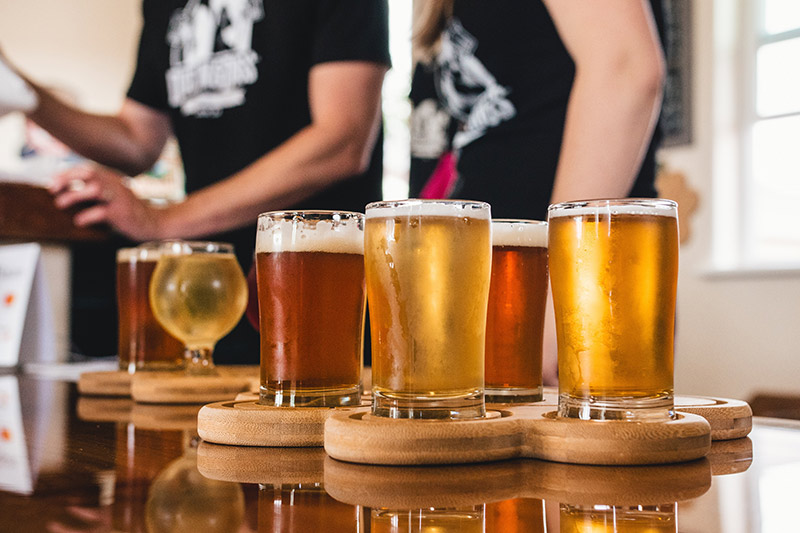
Does alcohol damage the immune system?
4 minutes Published on June 3, 2021
Alcohol sales in Australia jumped by a third at the start of the COVID-19 pandemic but is drinking something you should be doing when you're worried about getting sick?
The link between alcohol and the immune system isn't straightforward. Heavy drinking is never going to be good for your health but what about a nightly tipple?
The Government's health recommendation on alcohol has changed a lot over the last decade and you may be surprised to learn that the advice today is that there is no amount of alcohol that is completely safe to drink. While we used to think that, say, a glass of red wine every day is good for your blood pressure and may contain useful antioxidants, recent research suggests that any damages from drinking outweigh the health benefits.
What is moderate consumption?
Moderate alcohol consumption is unlikely to harm your immune system but what does moderate consumption really mean? According to the Government guidelines, that's no more than 10 standard drinks per week and no more than 4 drinks in a single session.
1 standard drink contains 10 g of alcohol – like a middie (285 ml bottle) of 5% beer. A typical bottle of beer is bigger than that and contains 1.4 standard drinks.
Drinking more than what is considered moderate – and many of us do – has been shown do damage the immune system. Worse, even a single night of binge drinking has been shown to reduce immune response.
According to a 2015 experiment, a single bout of binge drinking can lower your immune response. In the study, participants imbibed to what was described as 'binge alcohol intoxication'.
Sound like a fun experiment? The white blood cells of the volunteer participants didn't think so as five hours after the drinking stopped, the white blood cells were markedly reduced in the blood stream.
White blood cells are a crucial part of the immune system and work both to kill off infections and create antibodies so your body knows how to fight off a future infection.
While this was just a single experiment, it showed that drinking a lot of alcohol in a single sitting did have a negative effect on the immune response.
Long term damage
Over time, we know that excessive drinking leads to high blood pressure, heart and liver disease and increased risk of certain cancers. But it's also increasingly obvious that heavy drinking damages the immune system.
In the lungs, where many viruses attack, alcohol damages immune cells and makes it easier for the foreign substances to attach and cross into the blood stream. And in the gut, alcohol can trigger inflammation and kill microorganisms that help your body take care of foreign substances.
What to do
Refrain from drinking if you're worried about getting sick, and if you are drinking, stick to the guidelines of no more than 2 standard drinks per day and a maximum of 10 per week. Ideally also have at least a couple of alcohol-free days per week to allow your liver to recover – and avoid ‘saving up’ all your drinks for a big night on the weekend.
If you are feeling ill, say with a flu or a cold, don't drink at all. Give your body this time to focus on repairing itself without the added stressor of having to get rid of alcohol. Alcohol is also dehydrating and to fight off infections, you need to be well hydrated.
For many, a drink is a stress reliever, so if this is you look for other ways to let off steam. Stay connected to your friends, make sure you both eat and sleep well, do yoga or any other form of exercise that will clear your head and reset your mental state.
